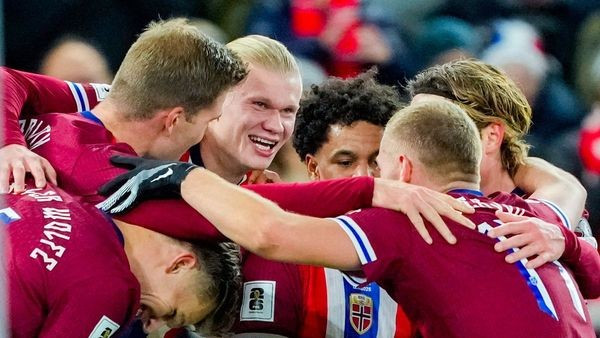
Norway will be playing in their first World Cup since 1998 after winning all seven of their European qualifying matches. Italy still have a mathematical chance of qualifying directly, but overcoming a 17-goal difference is impossible.
Norway arguably have a real Golden Generation on their hands, with Erling Haaland leading the attack, and the equally excellent Alexander Sorloth. Add to that Martin Odegaard, Sande Berge, Antonio Nusa, Oscar Bobb and Jorgen Strand Larsen, and they form a dynamic midfield and a solid defense. They will certainly be a strong contender for the 2026 World Cup.
Yet not long ago, the term "Golden Generation" was never mentioned in Norway.
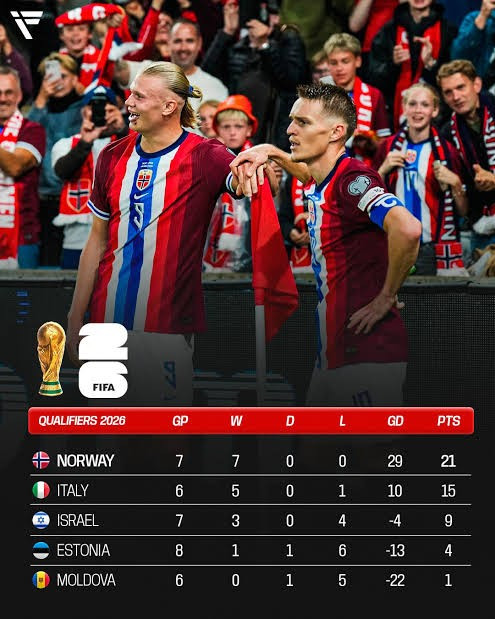
Present at the Allianz Arena on the opening night of EURO 2024, Lise Klaveness could not help but feel sad. As the President of the Norwegian Football Federation herself shared, she felt "discouraged" while the powerful figures of European football laughed in the VIP area and watched the fireworks fly in the sky of Munich (Germany).
Klaveness’s sadness is not simply that Norway failed to qualify. She is used to it. Since the turn of the 21st century, the Norwegian men’s team has not even played in a major tournament, the European Championship or the World Cup. What is more frustrating is that, at a time when Norwegian football has assembled a group of big stars capable of competing with any top team, they have been left at home.
“Having Martin (Odegaard) and Erling (Haaland) in the team gives me chills. They take the team to another level,” Klaveness said. But for a while, no one in Norway mentioned the words Golden Generation, because there is no Golden Generation that is an outsider in major tournaments.
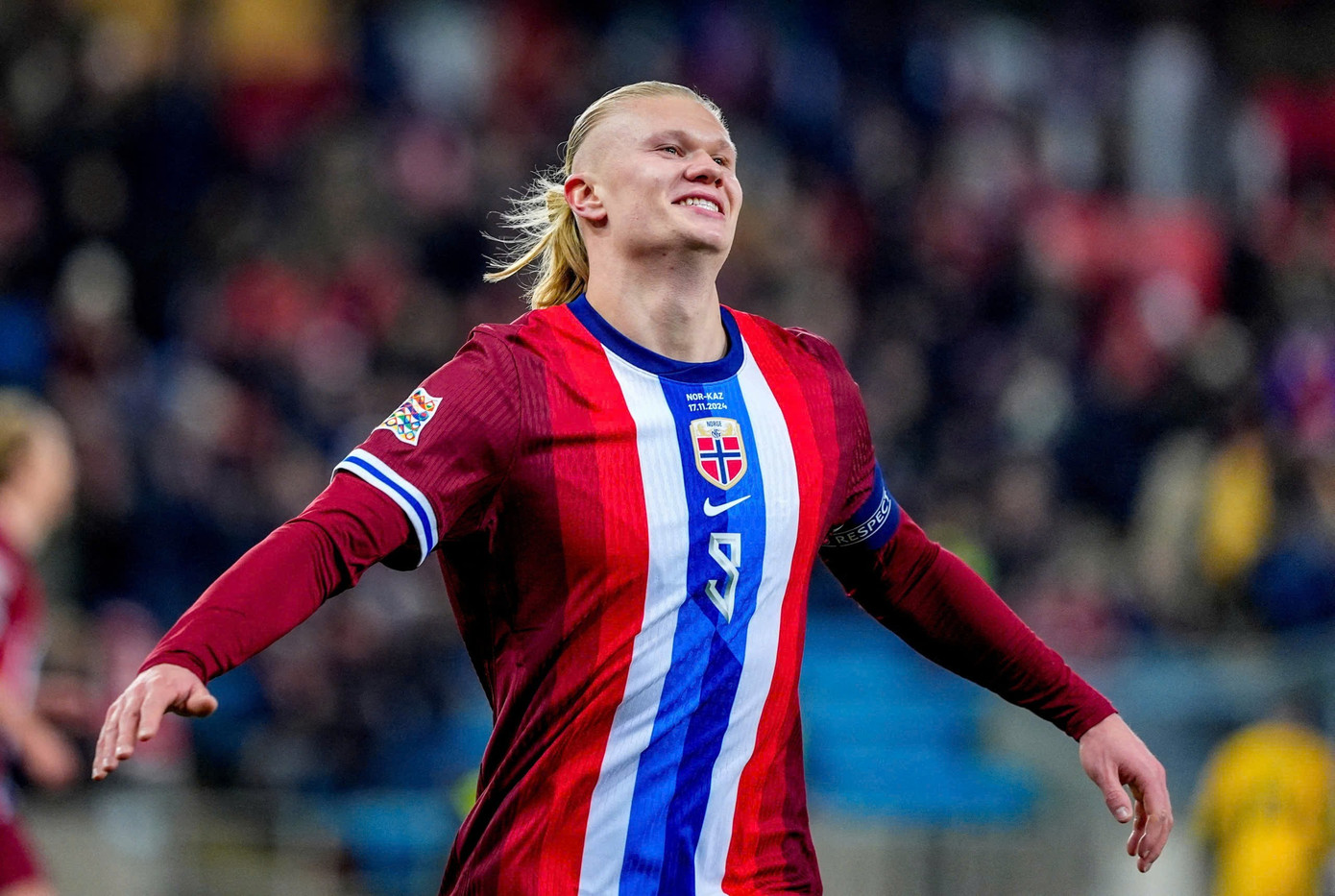
However, Norwegians always expect Haaland and his teammates to change history and become an outstanding generation. "People expect more. And I have a feeling that something special is coming. Spring will come, after a long winter," said the President of the Norwegian Football Association before the 2026 World Cup qualifying campaign began.
Going back in time, Norway has never had a generation that fans can be proud of. Before the 1990s, Norway had only ever appeared in the World Cup once, in 1938, where they were eliminated in their first match. Since then, Norway have made two more appearances, in 1994 and 1998. The country also had to wait until 2000 to make their first appearance at the EURO. So, their appearance at a major tournament is considered a miracle, and their absence would not surprise anyone.
This short-term success was due to manager Egil Olsen, who pioneered the use of data and analytics, particularly in terms of physical fitness, and implemented a direct, long-ball style of play. This style suited English football, so much so that in the 1990s the Premier League saw Norway as a key market for players.

But times changed. The English top flight began to expand into other markets, leading to fewer Norwegian players reaching the highest level in Europe. Norwegian football itself tried to change, looking for a fresher style of football to replace Olsen’s outdated style. Unfortunately, they were unsuccessful, because the coaches were not talented enough and there was a lack of quality players.
It is only now that Norwegian football has suddenly produced not just good players but superstar level players. This is the result of Norway's long-term investment in training and facilities to improve football performance. The wealthy country of just 5 million people has become a sporting powerhouse, from athletics to beach volleyball. Now they focus on football.
And with the good elements in place, the process of building identity is also being carried out by coach Stale Solbakken. In the first training session since the failure in the EURO 2024 qualifying campaign, Solbakken told the players that there are two important words to start the journey to hunt for tickets to the 2026 World Cup. The first word is "alarm". According to Solbakken, the team should think that they are always in an "alarm situation". Next is "suffering". Solbakken wants his students to always approach everything as if they were pushed to the wall to give 100% of their ability, fighting with all they can.
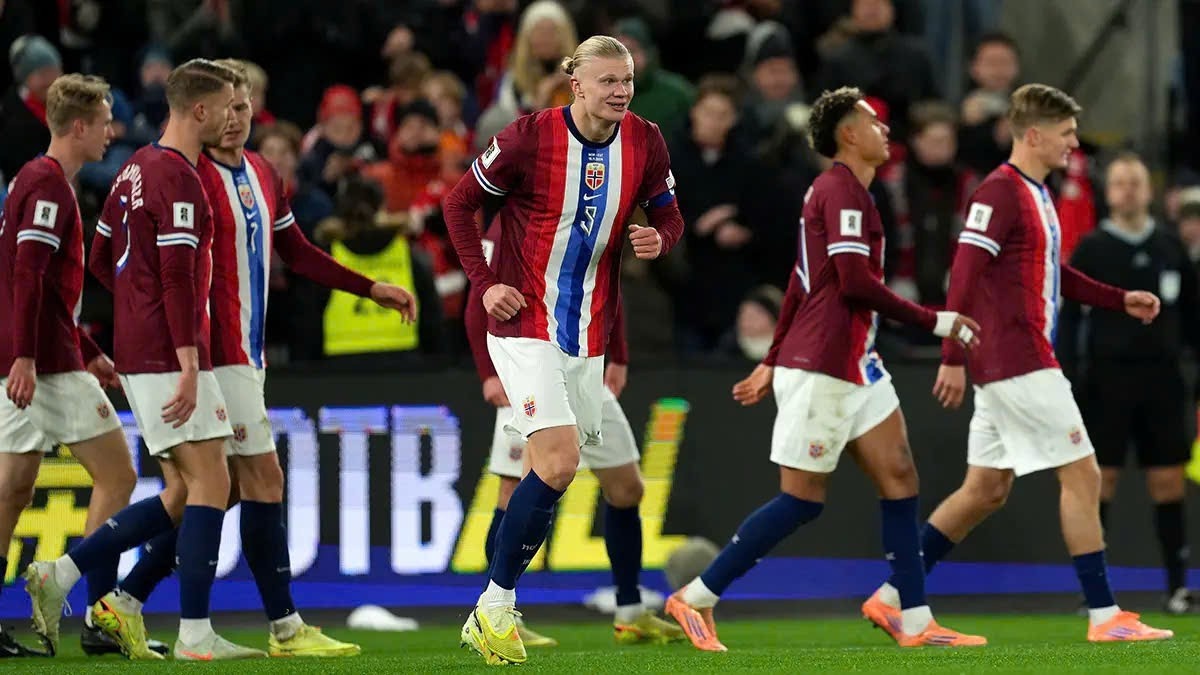
Solbakken knows exactly what Norway’s problem is. He has a squad brimming with attacking talent, players who could play for any club in Europe. But there is a gap in training. They lack quality defenders. “Norway has a lot of killers and artists, but they are missing defenders,” says Klaveness.
To solve this complex problem, Solbakken emphasizes the need for "alarm" and "suffering" to force all players to sacrifice, raising the collective spirit for the common goal. Therefore, the responsibility for defense belongs to every player. When losing the ball, anyone must be responsible for winning it back, at the same time turning the team into a solid defensive structure.
In Group I of the 2026 World Cup qualifiers, Norway scored 33 goals but only conceded 4. The players played with a spirit of solidarity and high determination. They also carried a winning mentality, eliminating the inferiority complex of a small team that had plagued them for many years.
Now, Norway is just one official announcement away from the 2026 World Cup, after the final match against Italy on November 16. And when they have reached the shore of their dreams, nothing can stop them, the Norwegians can proudly call Haaland and his teammates the Golden Generation.
Source: https://tienphong.vn/bay-gio-na-uy-tu-tin-da-co-mot-the-he-vang-post1796330.tpo


![[Photo] General Secretary To Lam and National Assembly Chairman Tran Thanh Man attend the 80th Anniversary of the Traditional Day of the Vietnamese Inspection Sector](https://vphoto.vietnam.vn/thumb/1200x675/vietnam/resource/IMAGE/2025/11/17/1763356362984_a2-bnd-7940-3561-jpg.webp)







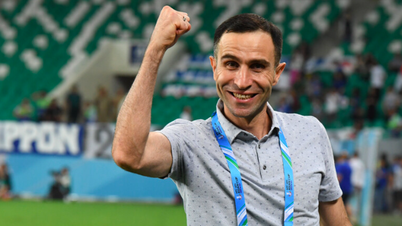

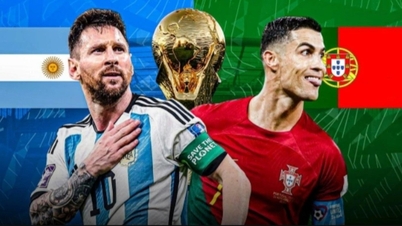
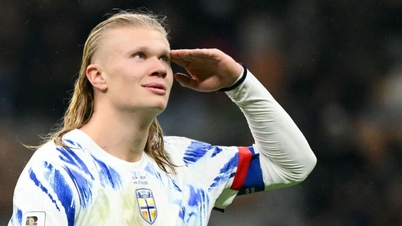
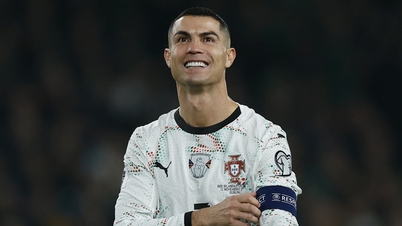
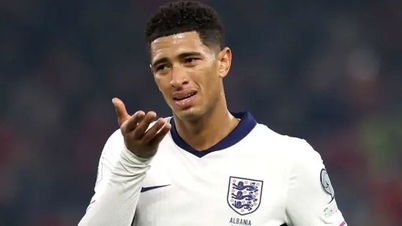
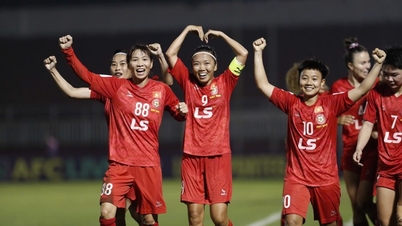





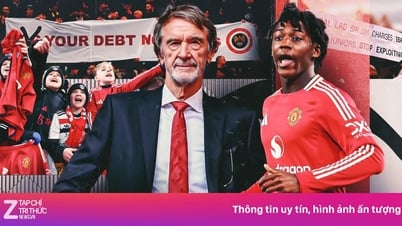











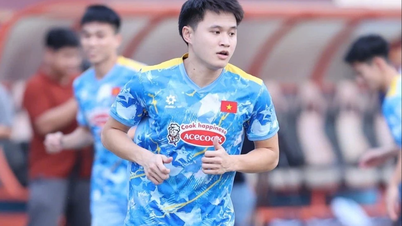
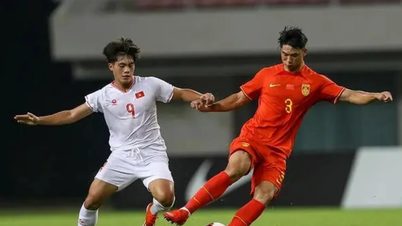

























































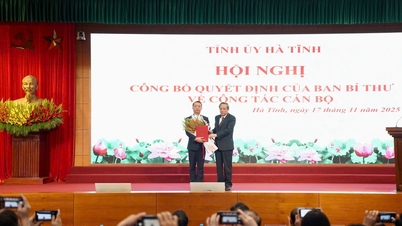

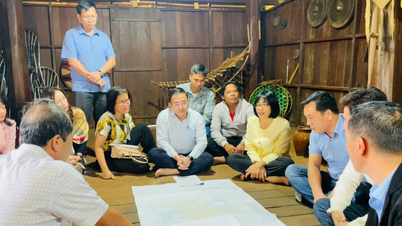
















Comment (0)